by Naomi L. | August 24, 2016 | Blog, Creative Writing, Featured |
No Man’s Sky came out this month, ending a three-year wait for the biggest space exploration game ever made. Published by indie studio Hello Games for PlayStation and PC, the game is set in a massive open universe (read: 18 quintillion planets) that procedurally generates almost everything from star systems and planets to the alien lifeforms that occupy them. I haven’t played it myself yet, but I have been watching someone else play, and if nothing else, it’s definitely creative and makes for great artistic inspiration, in no small part for its representation of the endless possibilities in space.
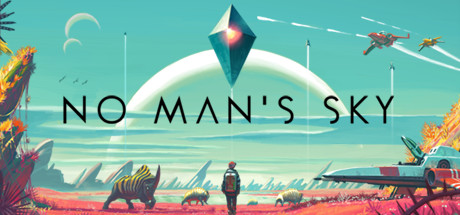
So today, I’d like to dedicate this creative writing post to that someone special who keeps on inspiring me with his passion for space. There’s a lot of creative inspiration to be found out there in the Universe, so let’s explore! Enjoy!
Tales in the Sky
Since the time of ancient civilizations, human beings have been fascinated with the stars and the mysteries hidden among them. Early cultures associated celestial bodies with divine beings and used the study of the stars to understand the phenomena of Earth, making astronomy the oldest natural science in history. Constellations have been a big part of mythology and storytelling throughout much of history, while modern science continues to make a splash in nonfiction by unraveling the great mysteries of the Universe. Whether you’re an artist or a scientist, there’s always something exciting to find in the cosmos!
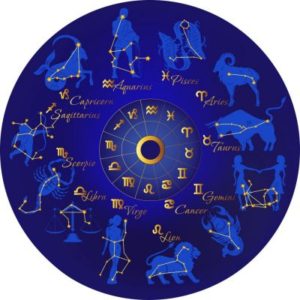
The twelve signs of the Zodiac
The stars have always inspired me with their mysterious beauty. Sometimes when I’m feeling starved for creative inspiration on a clear night, I like to look outside at the sky and get lost in daydreams (nightdreams?) about space and all the amazing things that could be waiting out there in the Universe. I’m fortunate to live in a suburban area where there’s a good view of the stars at night (not as perfect as in unpopulated deserts, of course, but much better than in big cities), so I’ve had many opportunities to enjoy open skies with countless stars and bright moons, which often make excellent inspiration for poetry. So beautiful!
Stargazing is extremely relaxing, and an excellent practice for artists who either need inspiration to overcome a creative block or simply want to unwind after a busy and tiring day. If you’re lucky enough to live in an area without too much light pollution, I recommend taking the occasional break in the evening just to gaze up at the night sky. You may find it’s exactly what you need to spark your creativity!
“To Infinity and Beyond” / “It Came From Outer Space”
Mention “science fiction” and the first images that come to mind are usually alien lifeforms, spaceships, distant planets, and intergalactic exploration. With its continuing popularity from the old Star Trek series to the new Star Wars films and beyond, outer space often seems to be the poster child of the genre, and it remains one of the most well-known themes of science fiction today.
Science fiction is one of my favorite genres, and some of my favorite sci-fi stories use space travel as a major theme. Films like Interstellar and The Martian fascinated me with their use of real science to tell amazing stories, while The Force Awakens blew me away with its creative and exciting contributions to a classic sci-fi saga. A couple of the reasons I love science fiction are its infinite possibilities and its power to reconcile science and art, and some of the best examples of science fiction stories encompassing both these points are the ones with themes related to outer space.
Naturally, space-themed stories don’t always have to involve traveling outside Earth; sometimes it’s fun to imagine what would happen if space came to us instead. Alien invasions are another popular theme and often come up in lists of science fiction writing prompts. Outer space also contains plenty of dangers that could threaten life on Earth, making it a great source of inspiration for apocalyptic and post-apocalyptic fiction as well. There’s no end to the strange things that could come from outer space; the only limit is the imagination!
With all the writing ideas it provides, it’s no surprise that space is such a popular theme in science fiction. After all, why limit your stories to Earth when there’s an entire universe out there to explore?
Exploration Beyond Earth
Circling back to the introductory topic, I’ve been watching my boyfriend play a lot of No Man’s Sky lately, and I have to say it’s been quite an interesting journey so far. Mixed reviews aside (because of course there was “too much hype” around it), the game does offer a relaxing atmosphere in which creative introverts like my boyfriend and me could easily get lost for hours. We’ve enjoyed discovering different kinds of planets and especially naming the strange creatures we find together, which has turned out to be a great exercise for me as a sci-fi/fantasy writer. Maybe I’ll even use some of those alien names for a future novel!
While it may not be everything it supposedly promised to be, my impression is that part of the appeal of a game like No Man’s Sky must come from a fascination with space in general and its infinite potential stories. These don’t have to be entirely fictional, of course; another game my boyfriend loves is Elite: Dangerous, a space exploration game which, despite being set over a thousand years in the future, is heavily based on the real Milky Way galaxy, even containing a handful of real star systems alongside the procedurally generated ones. He loves how relaxing it is to explore deep space alone, and in a 1:1 scale open world galaxy, he’ll never run out of space to discover!

Elite: Dangerous screenshot taken by my boyfriend
From constellation mythology to science fiction to astronomy, space is full of inspiration for creative writing. Whether you’re a poet seeking that perfect verse in the stars or a speculative fiction writer doing research for your new novel, your next spark of creativity could be waiting for you among the stars. So the next time you find yourself at a creative block, why not take a break to explore the stories in the Universe? It’s the only other source of inspiration as infinite and boundless as the human imagination!
What about you? How do you find creative inspiration in space? Have you ever incorporated elements of space in your writing?
by Naomi L. | August 17, 2016 | Blog, Creative Writing, What If? Writing Prompts |
As I enter the incredibly hectic final stretch of a major chapter in my life, I leave you all this week with some more “What If?” Writing Prompts to help tide over my creative writing posts. Someone recently expressed interest in the last set of love and peace prompts that I shared, saying they were good positive stimuli in such a negative world, so in the face of the media’s constant storm of bad news, please enjoy another batch of feel-good prompts for your writing. What positive stories can you spin from these ideas? Have fun!
 What if… in the future, war became a subject exclusively of fiction and history books?
What if… in the future, war became a subject exclusively of fiction and history books?
What if… technology were only ever used to help people, never to hurt them?
What if… all nations united in an effort to end world hunger?
What if… political leaders succeeded in abolishing poverty?
What if… everyone in the world had access to affordable, high-quality education?
Good luck creating more tales about love and peace!
If you have any “What If?” writing prompt suggestions (for any theme), please feel free to share them in the comments below. Ideas I like may be featured in future “What If?” posts, with full credit and a link to your blog (if you have one)! Also, if you’ve written a piece based on an idea you’ve found here, be sure to link back to the respective “What If?” post. I would love to see what you’ve done with the prompt! Thank you!
by Naomi L. | August 10, 2016 | Blog, Creative Writing |
Fellow writers, let me ask you an important question: do you know how to use “affect” and “effect”? Now let me ask you another question: do you really know how to use “affect” and “effect”? If you hesitated at the second question, maybe it’s time to double check that particular area of your grammar knowledge. Luckily, Grammarly has you covered with their Affect vs. Effect quiz!
Confusing “affect” and “effect” is a common writing mistake; I’ve even briefly mentioned it before in my “25 words and phrases” post. To help clear some doubts about when to use which word, the folks at Grammarly have put together a blog post on the differences between “affect” and “effect”, complete with a quiz to test your knowledge! Why not give it a try right now? You may find you weren’t quite as affect-effect savvy as you thought! Good luck!
(Note: this quiz requires Javascript to work. If you can’t see it below, try following this link instead.)
So how did you do? Feel free to share your results in the comments, and be sure to check out Grammarly’s Affect vs. Effect post, especially if you didn’t score as well as you’d hoped on this quiz! Thanks for playing, and best of luck with your writing!
Today’s creative writing post is brought to you by Grammarly, the World’s Best Grammar Checker. For more information on Grammarly, visit https://www.grammarly.com/spell-check. Thanks for reading! Happy writing!
by Naomi L. | August 3, 2016 | Blog, Creative Writing, What If? Writing Prompts |
How about some more “What If?” Writing Prompts until I get back into my regular writing swing? I just realized I haven’t shared a set of mystery and suspense prompts in over a year, so here are some more for you to enjoy now. What strange stories can you create from these ideas? Have fun!
 What if… you found a strange box in your storage unit containing a valuable piece of jewelry and a note warning of its “curse”?
What if… you found a strange box in your storage unit containing a valuable piece of jewelry and a note warning of its “curse”?
What if… you woke up in an old empty house with no memory of how you got there?
What if… every time you went to sleep at night, you woke up into yesterday instead of tomorrow?
What if… there were a door in your house that kept opening by itself, no matter how many times you locked it?
What if… you kept receiving letters from someone you knew had died years ago?
Good luck spinning some more mysterious and suspenseful tales!
If you have any “What If?” writing prompt suggestions (for any theme), please feel free to share them in the comments below. Ideas I like may be featured in future “What If?” posts, with full credit and a link to your blog (if you have one)! Also, if you’ve written a piece based on an idea you’ve found here, be sure to link back to the respective “What If?” post. I would love to see what you’ve done with the prompt! Thank you!
by Naomi L. | July 27, 2016 | Blog, Creative Writing, Featured |
If you read my recent post about the progress on my 2016 reading goals, you may have noticed I’ve been reading a lot of period fiction this year, and it’s really been inspiring my fascination with history! I love reading stories set in the past for much the same reason I enjoy science fiction and fantasy: they show me a world I could never see or experience for myself. And what more could you want from a fiction genre?
So continuing through my “five reasons” series, here’s a list of five reasons I love historical fiction. Enjoy!
1) It offers a deeper insight into human history.
History is fascinating, but there’s only so much we can learn from textbooks and history lessons in school. It’s one thing to read facts about past events, it’s another to live them. And while living said events ourselves would only be possible with a time machine, we can at least get a taste of what they were like through the immersive experience of narrative. Action, emotion, drama, all the things that make us human have the power to make a historical account much more engaging and relatable. That’s why I feel like I learn more about history from certain fiction books than I ever did from history lessons growing up: you can only really understand the driving forces behind human history when you feel like you’re reading about, you know, actual humans!
2) It shows the evolution of human behavior.
Reading many works of historical fiction set in various time periods gives readers the opportunity to observe how human behavior has changed over the centuries. What ancient civilizations once believed to be the work of the gods, we now approach as topics of science, and several subjects that seem commonplace to us today were once considered too shocking and scandalous to even be mentioned in proper society. Human beings drastically alter their ways of thinking over generations, so indulging in historical fiction offers an entertaining means of seeing those changes: through a narrative timeline!
3) It reveals the most consistent traits of human nature throughout time.
On the other hand, historical fiction can also show us the things that haven’t changed over time. After all, no matter how far we’ve come as a species since the dawn of mankind, human beings technically still are and always have been animals. There’s a reason history tends to repeat itself, and many authors like to explore the most consistent patterns of society by implementing elements of past events into present- and future-setting stories. This is where historical fiction ties in with many futuristic works: the most fundamental human traits – love, fear, survival instinct, social bonds, etc. – often become the driving forces behind major events like war and revolution, regardless of generation or time period, past or future. And speaking of the future…
4) It helps predict the future course of human history.
It may seem odd at first to think knowing the past is the key to predicting the future, but my dad always taught me that it’s important to study history because only by understanding humanity’s past mistakes can we hope to avoid repeating them. When you have a clear picture of the direction in which the human race has been heading for the past few millennia, it becomes easier to predict which areas we’ll progress in and which patterns we’ll keep falling into. And as mentioned above, this often makes for great futuristic fiction material. For example, technology continues to improve at an accelerated rate, but there will always be people who try to use it for the wrong reasons. If history really does repeat itself, then the one thing you can expect with absolute certainty from future generations is that they’ll keep making the same mistakes their ancestors did for thousands of years!
5) It makes for entertaining reading!
This is just my opinion, of course, but there’s something vastly entertaining about diving into a book set in a past time period. It’s like stepping into a time machine and being transported back to days when people acted and thought differently, technology wasn’t quite as advanced, and society had expectations that would greatly contrast with our modern-day views. I especially enjoy historical literature that was written during the time period in which it takes place, as it offers the additional insight of authors who experienced those times firsthand. To be able to see the past through the eyes of people who lived it is what makes historical fiction such a unique and fascinating genre!
What about you? Do you enjoy historical fiction? What do (or don’t) you like about it?
by Naomi L. | July 20, 2016 | Blog, Creative Writing, What If? Writing Prompts |
Here’s another round of “What If?” Writing Prompts for you to enjoy! To keep things lighthearted, this week’s batch is set to the theme of humor. What silly tales can you spin from these ideas? Enjoy!
 What if… someone charmed/cursed you to speak only in puns?
What if… someone charmed/cursed you to speak only in puns?
What if… you noticed all the animals around you had “shifty eyes”?
What if… a monster showed up at your door… to ask you for something mundane?
What if… every time you spoke, candy fell from your lips?
What if… everyone had a theme song that played whenever they entered a room?
Have fun writing more humorous stories!
If you have any “What If?” writing prompt suggestions (for any theme), please feel free to share them in the comments below. Ideas I like may be featured in future “What If?” posts, with full credit and a link to your blog (if you have one)! Also, if you’ve written a piece based on an idea you’ve found here, be sure to link back to the respective “What If?” post. I would love to see what you’ve done with the prompt! Thank you!

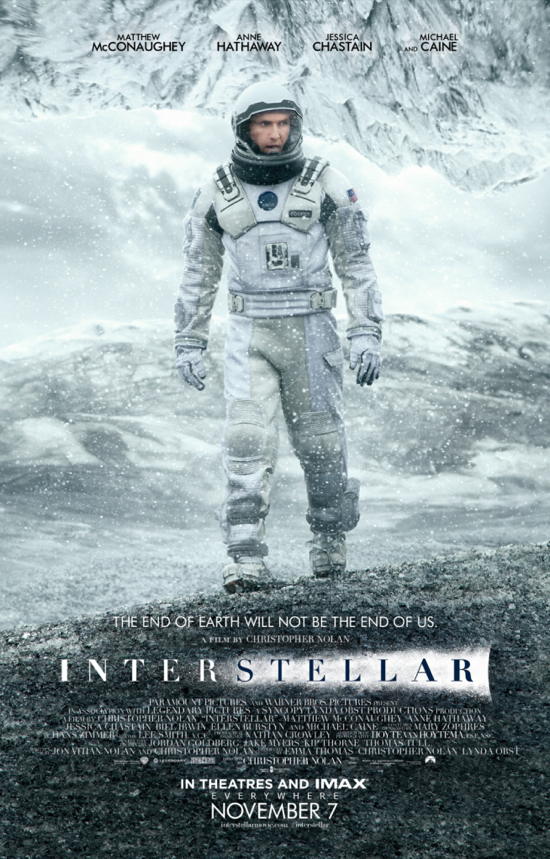



 What if… in the future, war became a subject exclusively of fiction and history books?
What if… in the future, war became a subject exclusively of fiction and history books?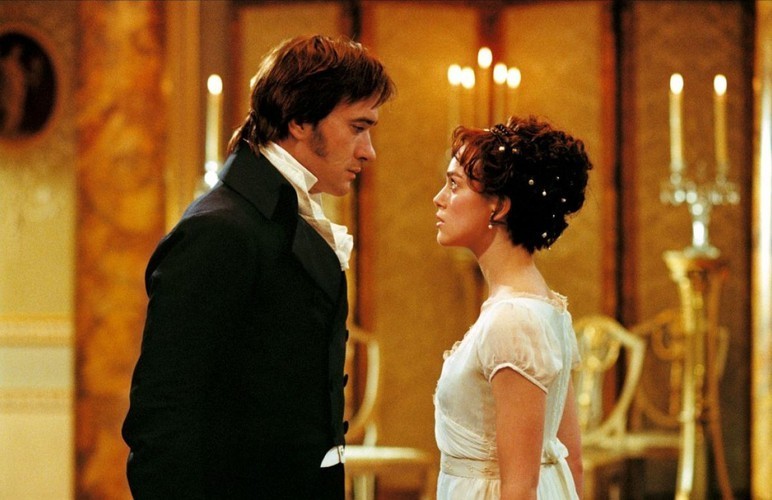
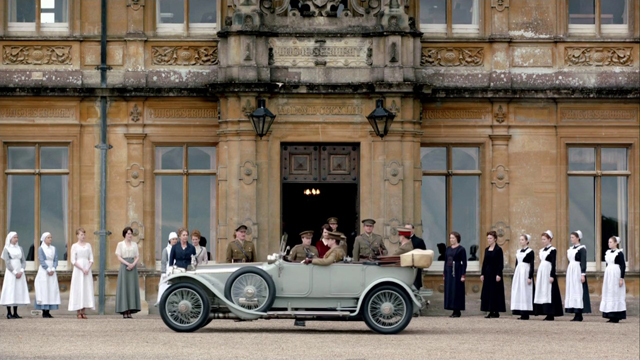

Recent Comments